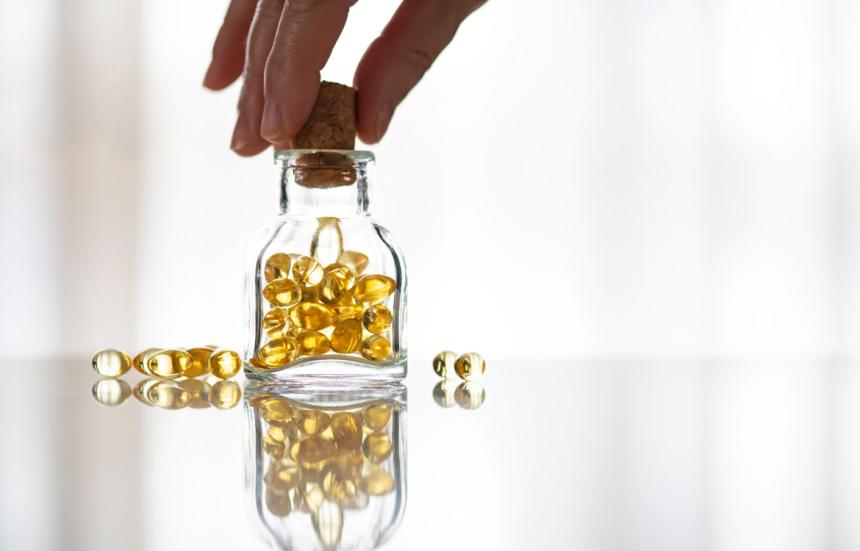Study Shows Ties Between Vitamin D Deficiency and Dementia

Vitamin D is a nutrient best known for its contributions to bone health. According to Mayo Clinic, it also regulates many other cellular functions with properties including:
- Anti-inflammatory
- Antioxidant
- Neuroprotective
“Vitamin D is actually a hormone,” says Bernard Kaminetsky, MD, medical director, MDVIP. “And like most hormones, it has multiple important functions.”
Is There a Correlation Between Vitamin D and Memory Loss?
One less commonly known function of vitamin D is brain health. Low vitamin D levels are linked with a risk for dementia and stroke, according to a study published in the American Journal of Clinical Nutrition.
In this study, researchers from University of South Australia pulled data from the UK Biobank on adults between 37 and 73 years old to look at their vitamin D levels and compare them with neuroimaging outcomes to assess the risk of dementia and stroke. The data was adjusted for:
- Age
- Gender
- Ethnicity
- Socioeconomic factors
- Lifestyle behaviors
- Sun exposure
- Health history
Researchers also used a nonlinear Mendelian randomization (MR) analysis to test for underlying causes of neuroimaging outcomes, dementia and stroke.
The researchers found a link between low vitamin D levels and neuroimaging outcomes that indicated a higher risk of dementia and stroke. The MR analysis also found a causal connection between low vitamin D and dementia, but not stroke.
Dementia is just the latest condition to be tied to vitamin D deficiency. Experts have been warning for years that low vitamin D levels may lead to low bone density, along with osteoporosis and fractures. And researchers are currently studying the affects low vitamin D levels have on:
- Diabetes
- High blood pressure
- Cancer
- Autoimmune conditions
“Primary care physicians have been encouraging their patients to take vitamin D supplements for a while,” says Kaminetsky. “Yet, more than 40 percent of Americans are deficient.”
Americans at the greatest risk for developing a vitamin D deficiency are those who:
- Are premenopausal
- Are older than 65 years
- Have poor nutrition habits
- Have minimal exposure to the sun, particularly if you’re Caucasian
- Take certain prescription medications on a long-term basis
Are You Getting Enough Vitamin D
There are a few tactics you can take. For instance, getting some sun exposure. Vitamin D is nicknamed the sunshine vitamin because getting between 10 and 30 minutes of midday sunlight several times per week can help you get an adequate amount of vitamin D.
Unfortunately, this recommendation doesn’t work for everyone. Factors such as the season, latitude and your skin pigmentation can affect vitamin D production. And of course, it bumps with skin cancer prevention recommendations and wearing sunscreen decreases vitamin D production.
You can eat foods that are good sources of vitamin D, but your margin of choices is thin. Fatty fish like salmon, mackerel and sardines are good examples. And food manufacturers fortified foods such as milk, cereal and orange juice.
Taking a vitamin D3 supplement is probably the easiest way to maintain healthy vitamin D levels. If you’re not currently taking one, talk to your primary care doctor. If your doctor agrees it’s a good idea, they will recommend a dosage and possibly a brand. Vitamin D supplements must be taken with fat so that the vitamin D can be absorbed.
If you don’t have a primary care doctor, consider partnering with an MDVIP-affiliated physician. They have time to work with you to develop a wellness plan that can help you focus on maintaining brain health. Find a physician near you and begin your partnership in health »


